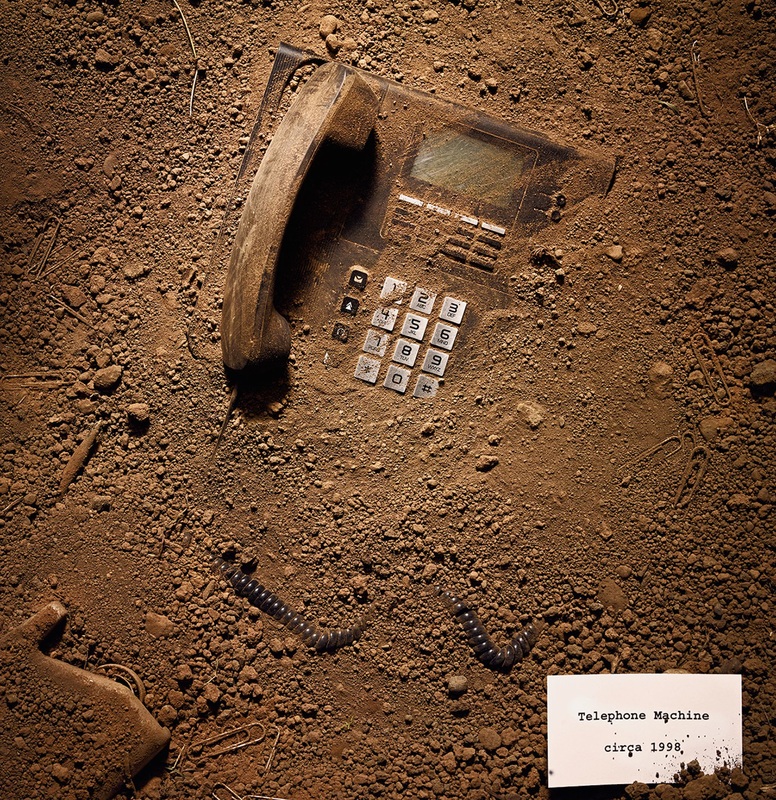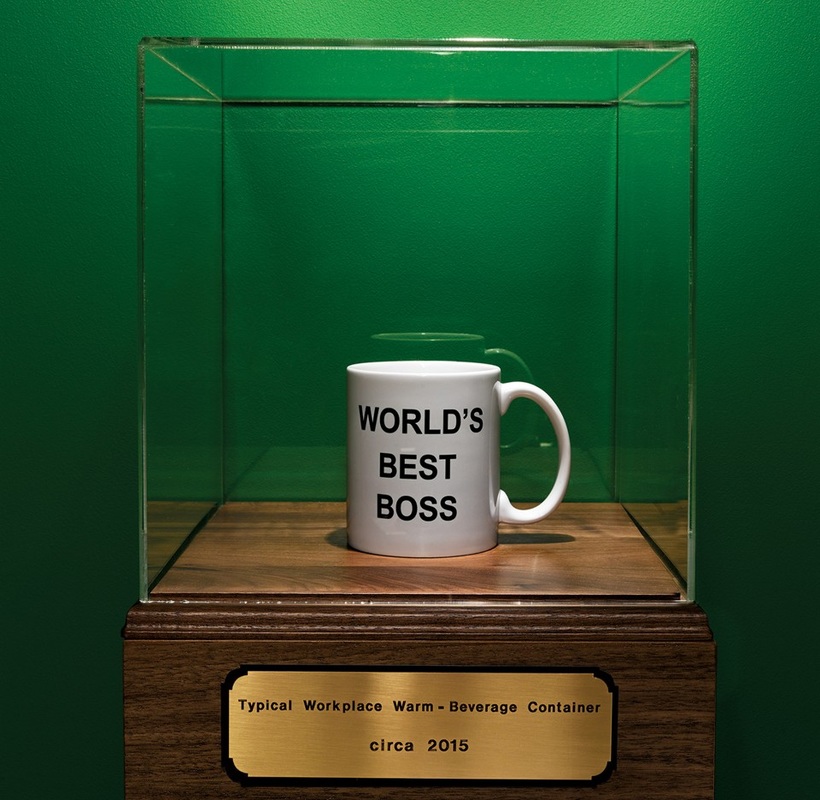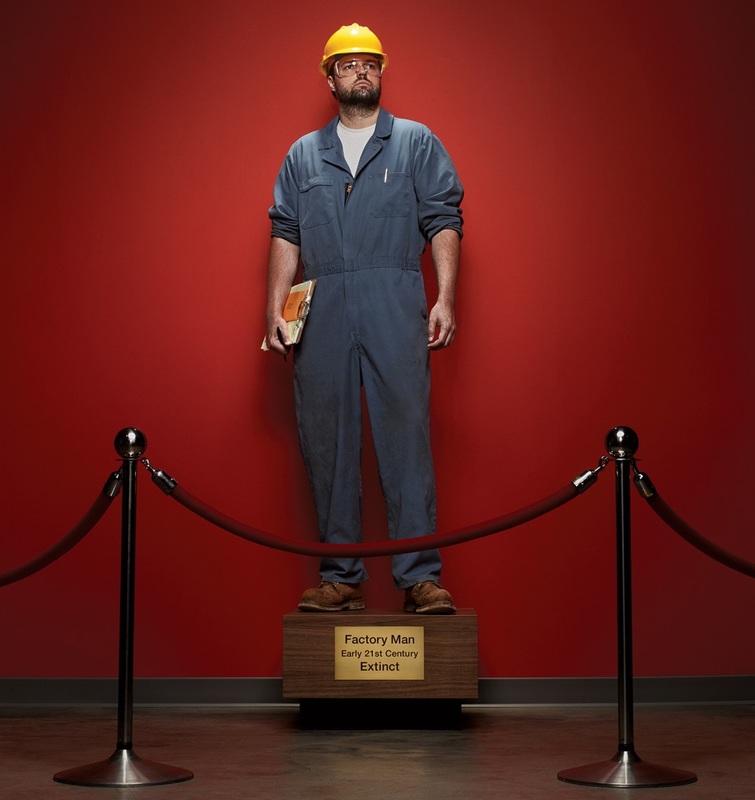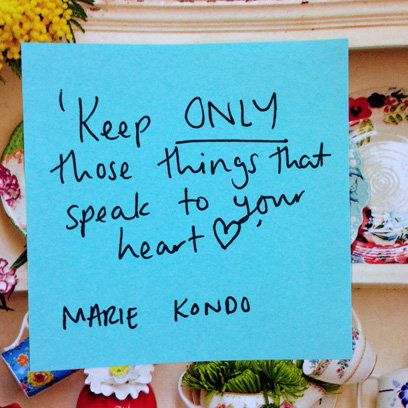There are so many alternative-payment businesses when you start looking! This week I came across this one...a restaurant with a unique twist on the PWYC model.
Karma Kitchens do not own their own restaurants. Instead, they partner with an established restaurant whom they pay a fee of about $750 in order to take over their space for one meal once a week. This fee buys them the food, use of the space and use of the chefs.
On the chosen day, a pack of inexperienced but eager volunteers descends on the restaurant to prep, serve, clean, and essentially run the restaurant.
There are no prices on the menu. When guests finish their meal, they are presented with a bill of $0.00 along with a small card telling them that their meal has been paid for by the previous guest. They are informed that they now have the option of paying whatever they can afford or would like to give...the money they donate will go towards the next person's meal. Not technically accurate, for if you donate $2 it doesn't mean that the next person will only get $2 worth of food - in fact, it is really just a PWYC model, no strings attached.
However, there is a difference, and it's a mind shift: by emphasizing that you are not donating for what YOU receive but for what someone ELSE receives, and by reminding you that someone else has given for you, there is an increased spirit of community and sharing that is unique to these 'restaurants', often spiraling into spontaneous gift-giving, sharing, and donations.
Karma Kitchen is hosted in many cities around the world, in different ways. One is hosted daily, many are monthly, and some are one-time. There are currently Karma Kitchens operating in:
Berkeley, CA; Washington, DC; Chicago, IL; Hayward, CA; Ahmedabad, India; Bangalore, India; Delhi, India; Mumbai, India; Pune, India; Surat, India; Jakarata, Indonesia; Tokyo, Japan; Kaula Lumpur, Malaysia; London, UK; Grasse, France; Singapore; Baroda, India; Dubai; Ubud, Bali
Any profits made on top of costs are donated directly to other gift-economy projects. There are no salaries, and no money is kept.
Articles:
Serving Up Trust and Generosity (Washington Post):http://www.washingtonpost.com/…/…/05/05/AR2010050502040.html
Karma Kitchen Has Selflessness on the Menu Article (SF Chronicle - intro by Deepak Chopra):
http://www.sfgate.com/…/Karma-Kitchen-has-selflessness-on-t…
A Restaurant With No Checks (CS Monitor):
http://www.csmonitor.com/2007/1025/p20s01-ussc.html
----------------------------------------------------------------------------
Karma Kitchen official website:
http://www.karmakitchen.org/
Karma Kitchen also provides an official Start-Up Guide for partnering with a restaurant in your own area:
http://www.karmakitchen.org/index.php?pg=start
Karma Kitchens do not own their own restaurants. Instead, they partner with an established restaurant whom they pay a fee of about $750 in order to take over their space for one meal once a week. This fee buys them the food, use of the space and use of the chefs.
On the chosen day, a pack of inexperienced but eager volunteers descends on the restaurant to prep, serve, clean, and essentially run the restaurant.
There are no prices on the menu. When guests finish their meal, they are presented with a bill of $0.00 along with a small card telling them that their meal has been paid for by the previous guest. They are informed that they now have the option of paying whatever they can afford or would like to give...the money they donate will go towards the next person's meal. Not technically accurate, for if you donate $2 it doesn't mean that the next person will only get $2 worth of food - in fact, it is really just a PWYC model, no strings attached.
However, there is a difference, and it's a mind shift: by emphasizing that you are not donating for what YOU receive but for what someone ELSE receives, and by reminding you that someone else has given for you, there is an increased spirit of community and sharing that is unique to these 'restaurants', often spiraling into spontaneous gift-giving, sharing, and donations.
Karma Kitchen is hosted in many cities around the world, in different ways. One is hosted daily, many are monthly, and some are one-time. There are currently Karma Kitchens operating in:
Berkeley, CA; Washington, DC; Chicago, IL; Hayward, CA; Ahmedabad, India; Bangalore, India; Delhi, India; Mumbai, India; Pune, India; Surat, India; Jakarata, Indonesia; Tokyo, Japan; Kaula Lumpur, Malaysia; London, UK; Grasse, France; Singapore; Baroda, India; Dubai; Ubud, Bali
Any profits made on top of costs are donated directly to other gift-economy projects. There are no salaries, and no money is kept.
Articles:
Serving Up Trust and Generosity (Washington Post):http://www.washingtonpost.com/…/…/05/05/AR2010050502040.html
Karma Kitchen Has Selflessness on the Menu Article (SF Chronicle - intro by Deepak Chopra):
http://www.sfgate.com/…/Karma-Kitchen-has-selflessness-on-t…
A Restaurant With No Checks (CS Monitor):
http://www.csmonitor.com/2007/1025/p20s01-ussc.html
----------------------------------------------------------------------------
Karma Kitchen official website:
http://www.karmakitchen.org/
Karma Kitchen also provides an official Start-Up Guide for partnering with a restaurant in your own area:
http://www.karmakitchen.org/index.php?pg=start





